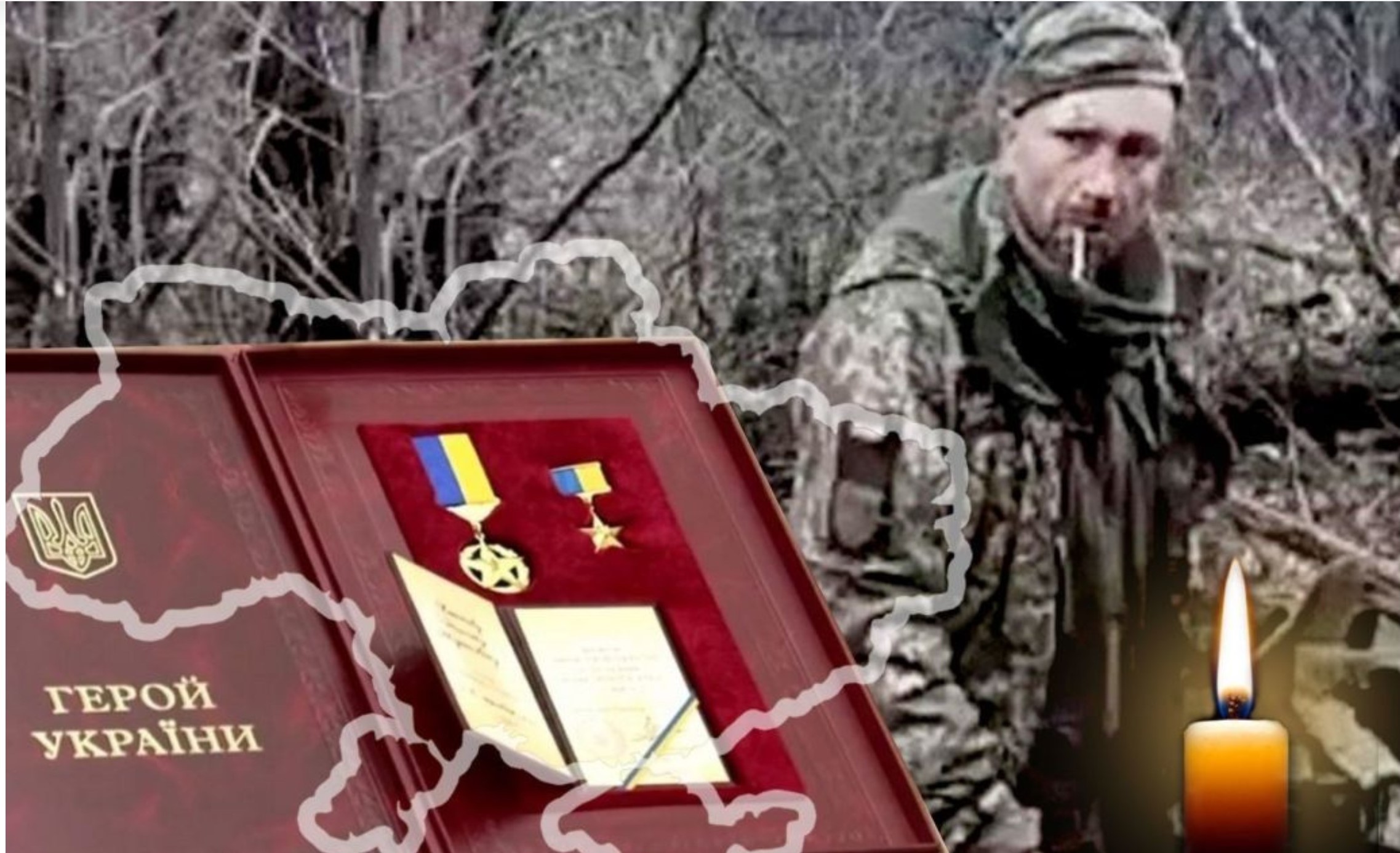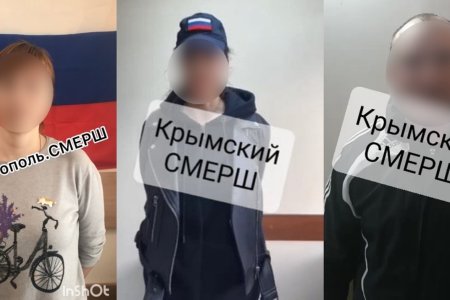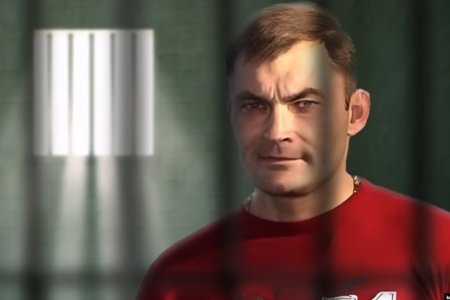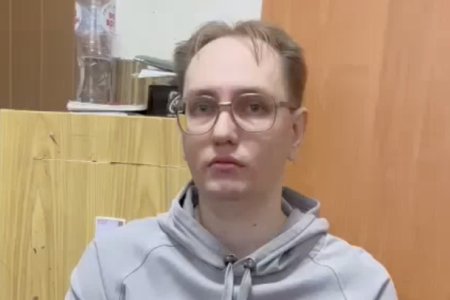
Russia’s justice ministry has formally banned the traditional greeting, and response ‘Glory to Ukraine’ – Glory to the Heroes’, adding it to its purported list of ‘Nazi symbols’. Russia clearly feels threatened by the patriotic call, which is now the official military greeting in Ukraine and at least one Ukrainian woman was prosecuted in occupied Crimea back in June 2023 for using it. Then it was claimed that this constituted ‘discrediting the Russian armed forces’, under one of the draconian silencing laws Russia imposed immediately after its full-scale invasion of Ukraine. Now people will face either a fine or a term of imprisonment of up to 15 days for repeating the greeting, with Russia hiding behind the same lies that the Kremlin used to justify its full-scale invasion. Then Russian president Vladimir Putin claimed that Russia’s aim was the ‘denazification and demilitarization of Ukraine’. Now it has labelled as ‘Nazi’ an expression of Ukrainian patriotism and resistance, as well as a sign of respect for all those who fell defending their country against the Russian invaders. The same list now also includes Ukraine’s trident, officially the Emblem of the Royal State of Volodymyr the Great, and on Ukraine’s coat of arms.
In attempted justification for the ban, the Russian justice ministry has added the greeting and trident, as well as some other symbols, to its list of alleged ‘Nazi’ organizations and symbols. The additions to the list include the emblem of the Organization of Ukrainian Nationalists [OUN], which is described as a stylized golden trident with a sword in the middle. Russia has long included many Ukrainian nationalist organizations on this list, including OUN and the Ukrainian Insurgent Army [UPA], and has now formalized a new pretext for repression already used in occupied Crimea.
In August 2022, a Russian-controlled ‘court’ in occupied Crimea jailed at least four members of the bride and groom’s families and fined another after they played two Ukrainian patriotic songs at a Crimean Tatar wedding in Bakhchysarai. The songs in question were ‘Red Kalyna’ [‘Ой у лузі червона калина’ [‘In the meadow there is a red kalyna, or red vibernum’] and Stefania by the Kalush Orchestra which won Eurovision in 2022.
The first of these songs is, in fact, very old, however the occupation regime used the above-mentioned list as excuse for bringing charges under Article 20.3 of the same code. This punishes for what is claimed to be ‘propaganda or public demonstration of Nazi attributes or symbols, or those of extremist organizations…’ The claim was that the slogans from the song had been used by the Organization of Ukrainian Nationalists, which Russia had placed on its list in 2014.
The real reason was, doubtless, the international prominence and poignance that the song had gained since Russia’s full-scale invasion of Ukraine in February. The version first sung alone by Andriy Klyvniuk from Boombox, then accompanied by others in a powerful Zoom performance [watch and listen to the end!] were widely watched in Ukraine, and then became known worldwide through a Pink Floyd version with all proceeds going to the Ukrainian Humanitarian Fund.
The other charge, of ‘discrediting Russia’s armed forces’, under Article 20.3.3 was also applied.
Either both or one of these charges have been applied to prosecute other Ukrainians in occupied Crimea for ‘Chervona Kalyna’ or other Ukrainian patriotic songs.
The occupation regime also staged the appallingly heavy-handed arrest and prosecution of Lilia Mantserova for having posted video clips of two Ukrainian songs, whose names make their content clear: Fortress Bakhmut and “To the Heroes”. She was either terrorised or tortured into taking part in a video ‘expressing repentance’ for the videos.
In one of the two charges, Mantserova was accused of ‘propaganda or public demonstration of Nazi symbols, or those of extremist organizatons (Article 20.3 § 1) with the trident seen on one of the video clips claimed by the so-called ‘specialist’ to be a symbol of the “Organization of Ukrainian Nationalists insurgent army”. She was jailed for two days.
Russia has thus formalized repression which it began using as weapons against Ukrainians in occupied Crimea back in 2022.



